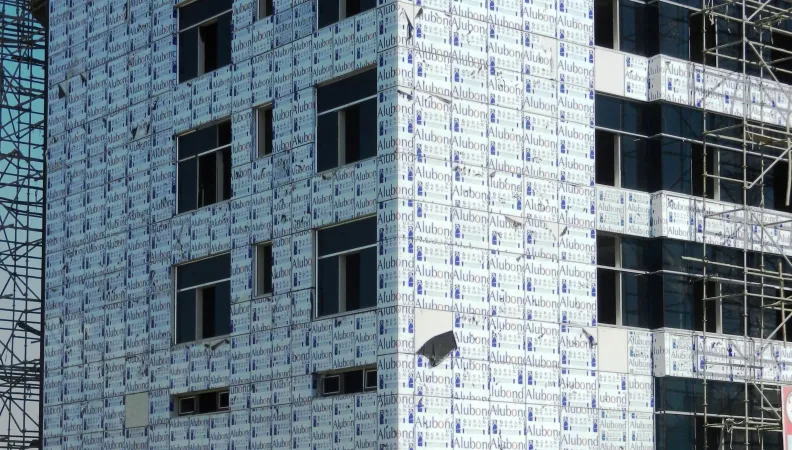Share the page
Programme for Energy Efficiency in Buildings
Project


-
Project start date
-
Status
In progress
-
Estimated date of project termination
-
-
Project financing date
-
-
Financing duration
-
6 ans
-
Type of program
-
FFEM
-
Global financing amount
-
1341500000 €
-
FFEM financing amount
-
3000000 €
-
Project lead member institution(s)
-
AFD
-
Country and region
-
Multi-country, Tunisia, Albania
-
Location
-
Indonésie
-
Type of financing
-
Grant
-
Partners
-
AFD
-
Beneficiaries
-
LARGE COMPANIES, SMEs, Government or other forms of agency or public entity
Demand for air-conditioning in buildings will only rise in coming years, fuelling greenhouse gas emissions. Faced with this issue, the PEEB Cool programme, launched in 2023, contributes to the dissemination of passive air-conditioning and refrigeration, or technologies employing natural fluids. The programme operates in eleven countries: Albania, Argentina, Costa Rica, Djibouti, Indonesia, Morocco, Mexico, Nigeria, North Macedonia, Sri Lanka and Tunisia.
Context
Housing stock globally is set to double by 2060. An expansion that will, in particular, result in trebling of demand for air-conditioning in these homes. In Global South countries, this surge in demand will become all the more marked as populations become increasingly urbanised and wealthier, and temperatures rise. The problem is that air-conditioning and refrigeration solutions emit extremely potent levels of greenhouse gases, in countries where global warming is already very significant. Their development also puts more pressure on already-fragile electrical infrastructures.
Description
Across eleven countries, the Programme for Energy Efficiency in Buildings (PEEB) Cool adapts buildings to the rise in temperatures while reducing their greenhouse gas emissions. The principle: renovating existing buildings and constructing new ones, equipped with technologies that employ natural refrigerants and bioclimatic design solutions. In the longer term, this will also transform the construction sector as a whole by disseminating low-energy, less-polluting refrigeration and air-conditioning solu-tions. It will contribute to identifying good practices and to their wider application in the areas in which the project is active. Cofinanced by the FFEM, PEEB Cool completes the PEEB programme which launched in 2018 and has so far supported 40 pro-jects worldwide, focusing more specifically on the cooling sector.
Impacts
- Reduction in building energy consumption across eleven countries.
- Reducing greenhouse gas emissions.
- Improving the thermal comfort of residents.
Exemplary and innovative characteristic
By improving the energy efficiency of buildings, PEEB Cool reduces total energy bills for consumers and contributes to reducing GHG emissions. It thus reduces the impact of the cooling sector on the environment, by testing innovative solutions while improving people’s living conditions. It also brings social benefits through the creation of jobs within the building sector. Finally, the programme contributes to innovative tools being more widely employed by project owners in all of the regions in which the project is active.


